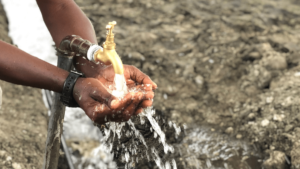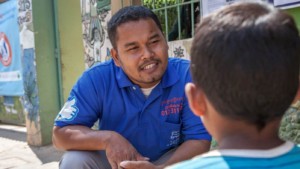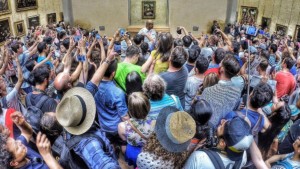Supply lines: A former soldier’s take on tourism’s failure to win hearts & minds
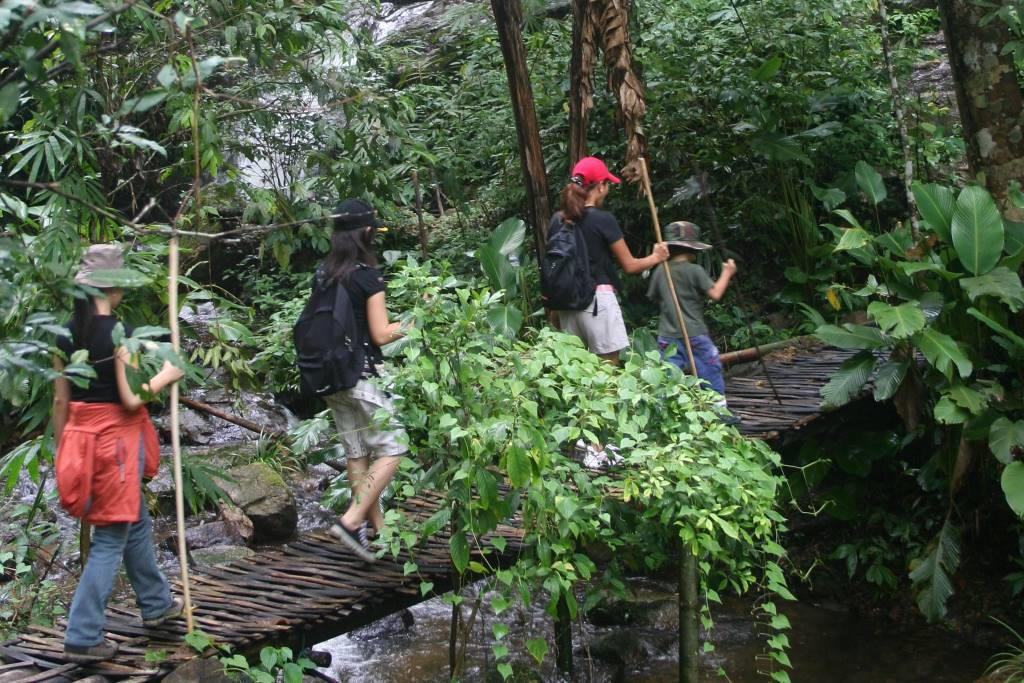
How does a special forces soldier become an outspoken proponent for and awarded practitioner of sincerely responsible tourism? In this “GT” Insight, Shane K Beary takes us back to his past before asking us to consider his vision for the future; a more equitable community-based travel & tourism industry. And it’s all about the supply chain.
It is refreshing to read the progressive views expressed in many recent articles on the COVID-19 problem, and its role as a catalyst driving a more equitable restructure of the tourism industry. The biggest obstacle to that restructure is the stranglehold that tourism’s commission-based supply chain system holds over the industry.
My journey to reach this conclusion — and my proposed solution [PDF] — has not followed a conventional path.
Self-reliance, self-discipline, and the value of teamwork
I was born in Ireland in the early 1950s but it was in Cape Town, South Africa where I spent my preschool days, dawn to dusk, on the beach or in the rock pools that lined the coast. To my father’s frustration I showed little appetite for study. I often jumped off the train to school to go out on the fishing boats based in Kalk Bay. I was, of course, caught.
A five-year interlude in England, including a few years at a Jesuit boarding school, was followed by my family’s return to Africa, arriving in what was then Rhodesia — now Zimbabwe — only weeks after the Declaration of Independence.
Those were turbulent times. I joined the army at the age of 16.
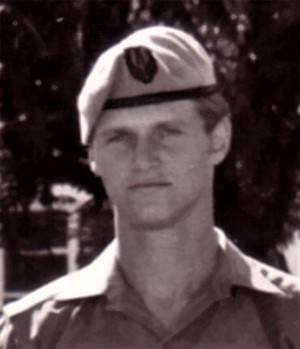
Seven years in the combat military taught me self-reliance, self-discipline and the value of teamwork. I served in the Commando units, became a combat tracker, then instructor, before joining the SAS.
By pure luck, I was selected to spend four months’ training with the South African navy as an assault diver trained in the use of underwater explosives.
After that I was recruited to the Selous Scouts — a special forces regiment of the Rhodesian Army — during the very early days when it was no more than a handful of men functioning as a pseudo warfare unit.
Leaving Rhodesia in 1975 — Rhodesia became Zimbabwe in 1979 — I spent 10 years on the oil fields in the North Sea. For the first time in my life, studying became meaningful to me. I could see value in its direct application to my training and work as a saturation diver. I spent more than 1,000 days in decompression chambers across the UK and Norwegian sectors, which offered ample time to read widely and think critically.
A headlong dive into tourism
After a couple of years as a diving superintendent working out of Singapore, I arrived in Thailand in 1984. A visit to northern Thailand and the Thai-Myanmar border village of Ban Thaton saw me shelve my plans in favour of building a teakwood lodge and adventure tour base on the banks of the Kok River.
In the early days, the ‘around Thailand’ group tour trade provided us with 100 – 200 lunch guests a day in the tourist season. This was my first exposure to the control that the mainstream or mass tourism industry held over the industry. Apart from a few businesses like my own, or the elephant camps along the route, few local communities benefited from the vast sums of money that the 50,000 tourists a year generated.
As predicted by the Butler model for tourism development, with the opening of new roads and of new attractions in Chiang Rai, tourism moved on with nothing gained from it by the local community. In response, in 1994, I wrote a proposal calling for the redevelopment and repositioning of tourism in the north, and submitted it, along with my proposed solutions, to the industry and the authorities. It fell on deaf ears.
Adaptive traits
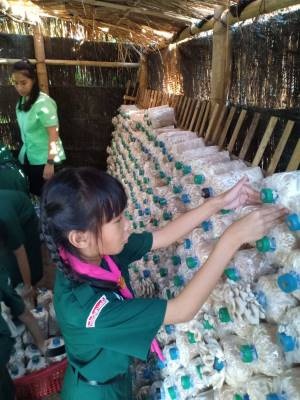
Not satisfied with our situation, we pivoted. We brought in business partners — teachers from the International Schools — and built a new resort: The Maekok River Village Resort & Outdoor Education Centre. This would accommodate a different type of client and ensure employment within our community. (Maekok River Village won a prestigious award from the Thai Ministry of Education in 2015 recognising the US$1.5 million dollars in funding and hands-on work our visiting schools had contributed to some 155 small projects for rural schools. And the first Shan girl to win a full scholarship to Bristol University UK is a graduate of our bursary programme.)
In 2004 we established a second centre in the mountains above Chiang Mai. Pang Soong Lodge functioned as a biology and environmental systems & societies (ESS) teacher training venue for International Baccalaureate organisations. The nature trails, developed with the help of a PATA grant, provided the educational platform. Thanks to close collaboration between Track of the Tiger, Volunteers Without Borders (VWB), and the local community, Pang Soong Lodge won the SKAL Ecotourism Award in 2006.
Long memory
My experiences in special interest and education-related travel & tourism have been gratifying, however my early experiences at the mercy of the mainstream industry supply chain continued to bother me. And the supply chain continues to adversely impact local communities and businesses even today.
Over the past decade, an alliance between VWB and Track of the Tiger has slowly put together a social enterprise-based model for the widespread development of responsible tourism: our Responsible Tourism Alliance (RTA) concept [PDF].
Time to strike
Now, with the weaknesses in the traditional commission-based model for tourism exposed by the fallout from the COVID-19 virus, we believe it is a good time to start launching RTA in phases. As part of this process we asked if The “Good Tourism” Blog would introduce the model to its readership through the PDF offered here.
We do not expect the model to replace the mainstream model but to run alongside it, provide an alternative integrated solution to the problems of small and local businesses; help them realise a more equitable share of tourism revenue, which has long been promised but is as yet undelivered.
I invite all those who support the need for change to also support the Responsible Tourism Alliance. I welcome collaboration on its development in northern Thailand and beyond. And do let me know if you would like to preview the website. Please find my contact details in the download.
Featured image (top of post): On a Pang Soong Lodge natural trail. Supplied by author.
Download
“Post COVID-19: An Opportunity to Address the Problems in Tourism” [PDF] by Shane K Beary
About the author
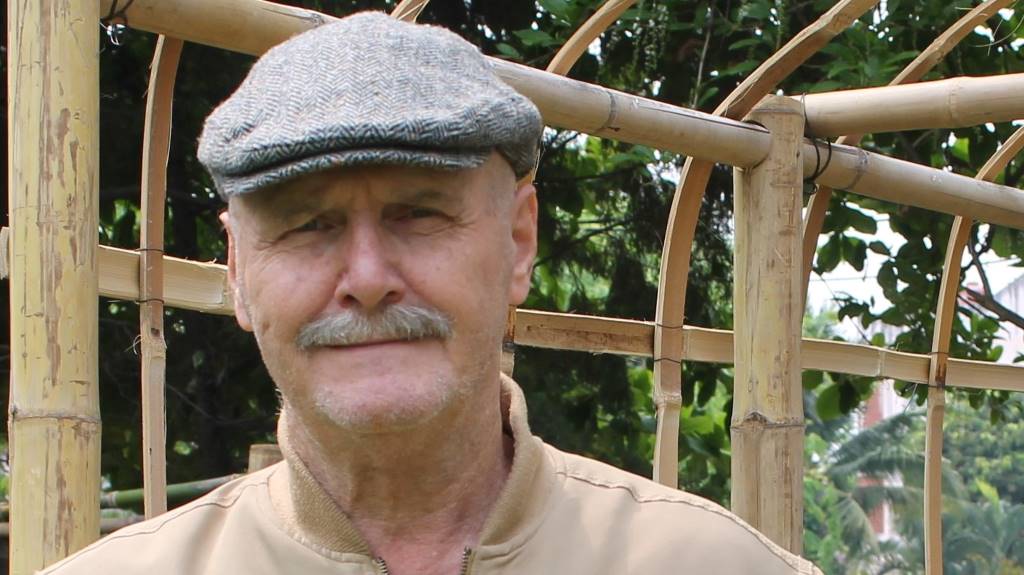
Shane K Beary, a proponent of responsible tourism in northern Thailand since 1986, is an active owner/operator in resorts, tour operations, experiential education, corporate team building/leadership, and corporate social responsibility (CSR) programme management, as well as special interest travel. With the help of a small team he has over several years developed the business model for the Responsible Tourism Alliance [PDF].
Shane is the CEO of Track of the Tiger TRD (Tourism Resources Development), which he established in 1986. He is also the founder of and senior consultant for the Volunteers Without Borders Foundation. Together they won the SKAL Ecotourism Award in 2006 for the Pang Soong Nature Trails Project, which supported environmental education in partnership with the village community of Ban Mae Lai, Chiang Mai.



